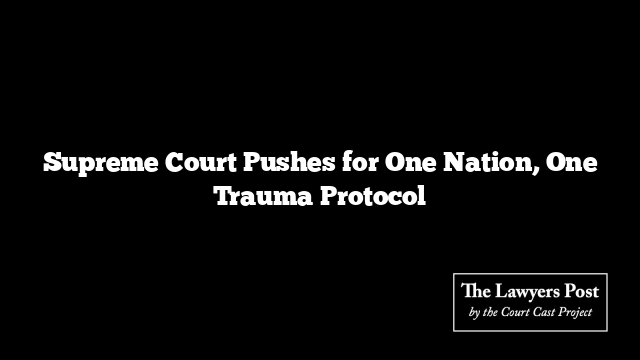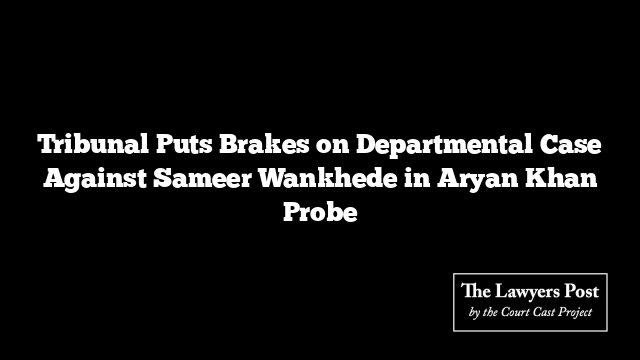In a move aimed at unifying India’s fragmented emergency response system, the Supreme Court has suggested the creation of a nationwide Standard Operating Procedure (SOP) for trauma care.
A Bench of Justices JK Maheshwari and Vijay Bishnoi noted that when lives hang by a thread, geography should not decide survival. The judges stressed that emergency protocols must be uniform across states and union territories to prevent citizens from being stranded without timely care.
The Court has placed the responsibility on Attorney General R Venkataramani to coordinate with state governments, gather their inputs, and deliver a comprehensive report within six months. His office has been asked to study the varied approaches of different states and propose a cohesive framework that balances regional realities with the urgency of nationwide accessibility.
The case stems from a plea by the non-profit Save Life Foundation, which argued that the absence of standardised trauma care violates the fundamental right to life. The organisation pointed out that inconsistent emergency protocols often determine whether a victim receives immediate treatment—or slips away while waiting.
By placing the issue at the national level, the Court has signaled that trauma care is not a matter of infrastructure alone but one of constitutional responsibility. The six-month deadline now sets the clock ticking on what could become a landmark shift in India’s approach to emergency healthcare.





